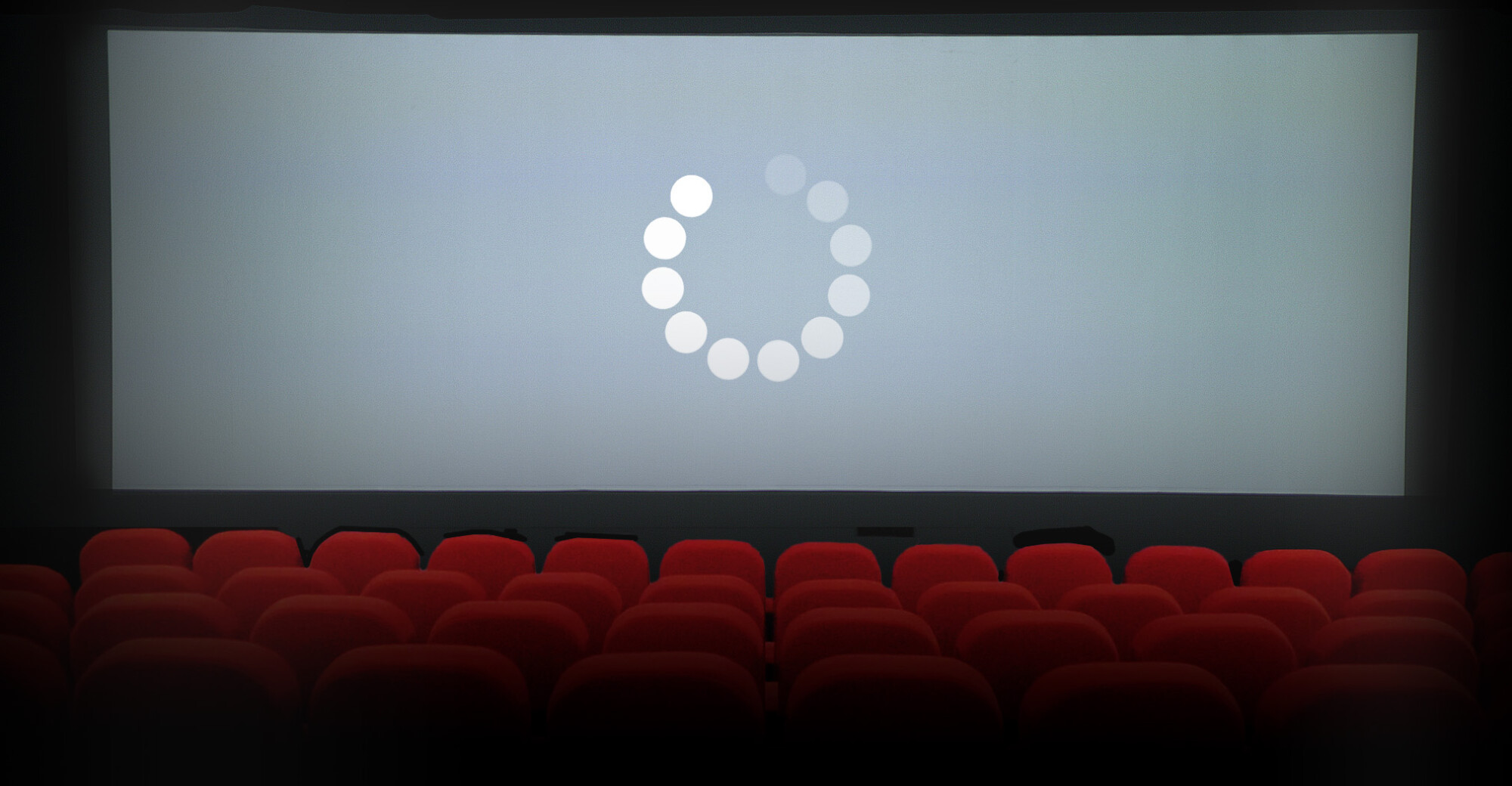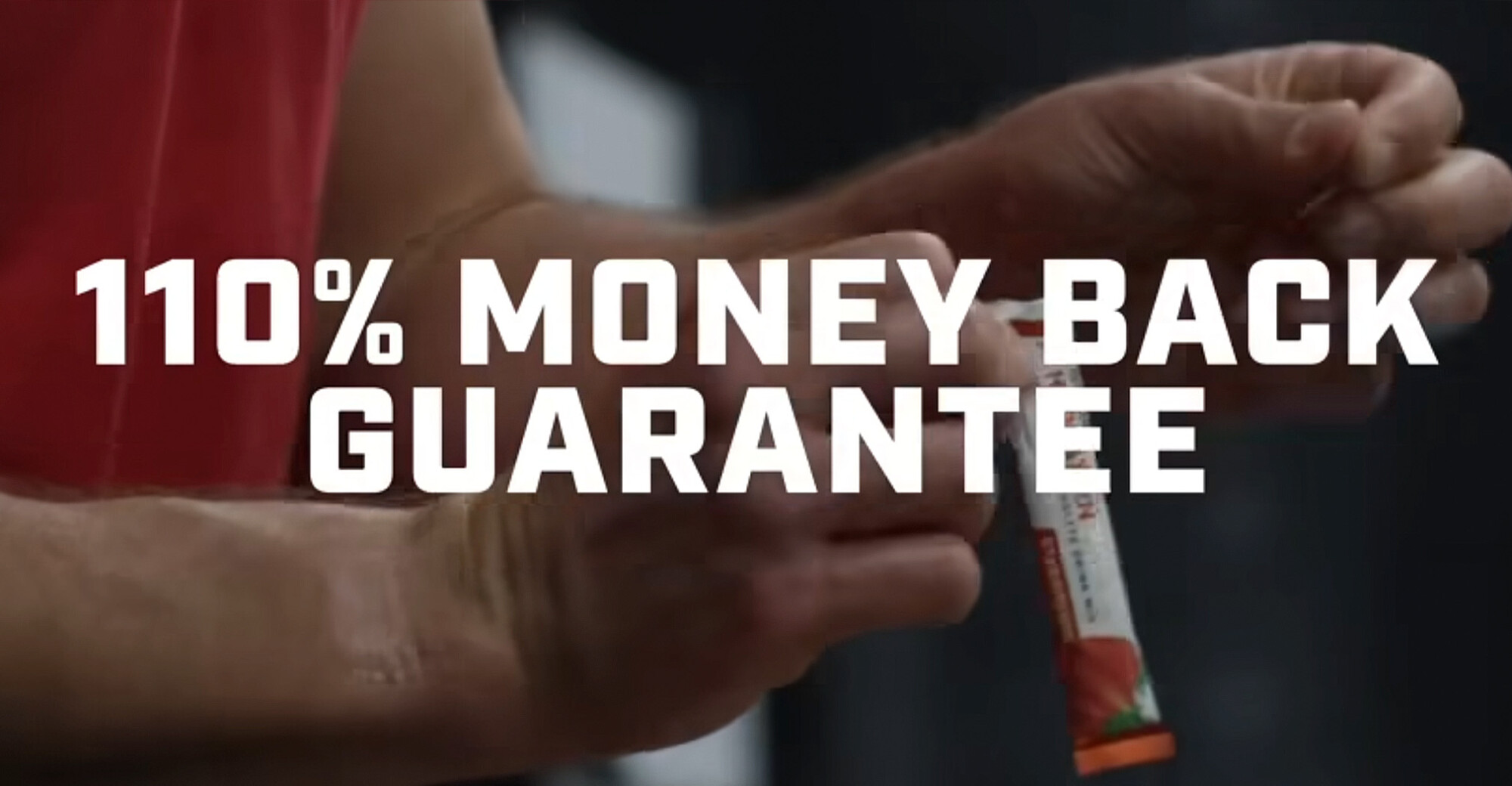
Should Movie Theaters Be Required to Advertise Actual Start Times?
Under a proposed bill, theaters could be fined for making moviegoers guess.
In September 2013, a federal judge approved a $14.3 million settlement to a class-action lawsuit consumers filed against Energy Plus Holdings, an electricity supplier in New York, in 2011. The plaintiffs alleged that Energy Plus marketed its electricity service by claiming consumers would get “rewards,” such as points for airfare and hotels or cash back, while still receiving the same reliable electricity service when, according to plaintiffs, consumers received energy services that were significantly more costly.
According to the settlement terms, class members will receive checks ranging anywhere from $6 to $101 (with an estimated average of $23). Class members will also have the option to increase the amount of their reward by choosing one of the alternative payment methods. In addition, the company agreed, for a period of 24 months, to stop using certain phrases in marketing materials, delete certain FAQs, make certain disclosures in materials, and annually train marketing staff.
For more information, go to www.EnergySettlement.com. (Wise et al. v. Energy Plus Holdings LLC, Case No. 11-cv-07345, S. D. NY.).
Under a proposed bill, theaters could be fined for making moviegoers guess.
Money-back guarantee comes up woefully short of advertised percentage.
Is it still a guarantee if it has strings attached?
Lawsuits allege “100%” marketing on front label is misleading.
TINA.org reader was charged a lot more than the advertised price. He’s not alone.



